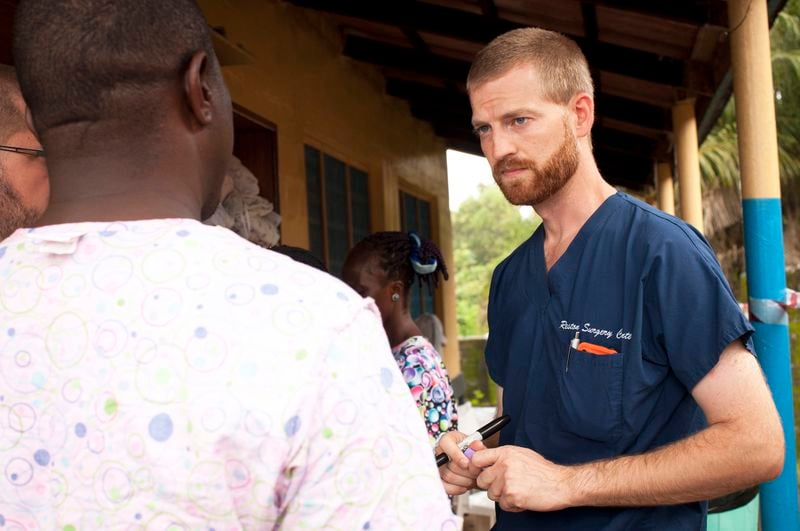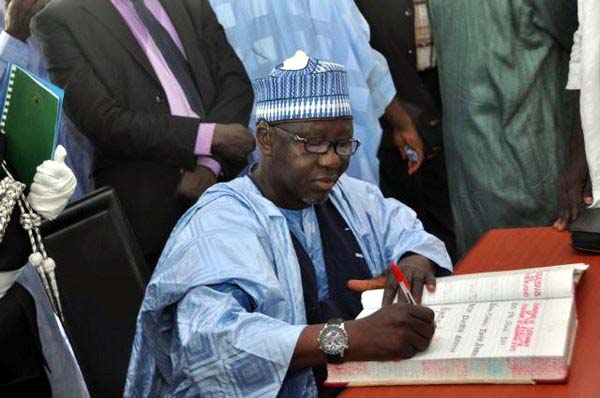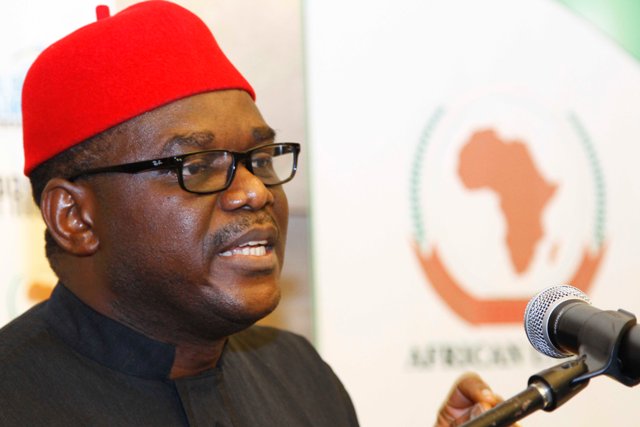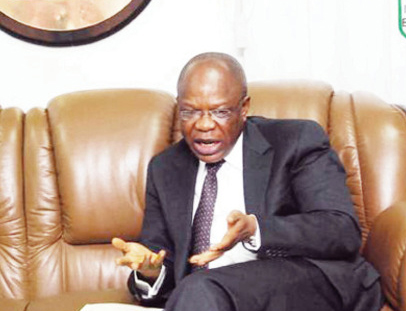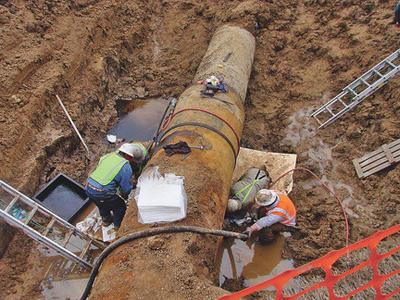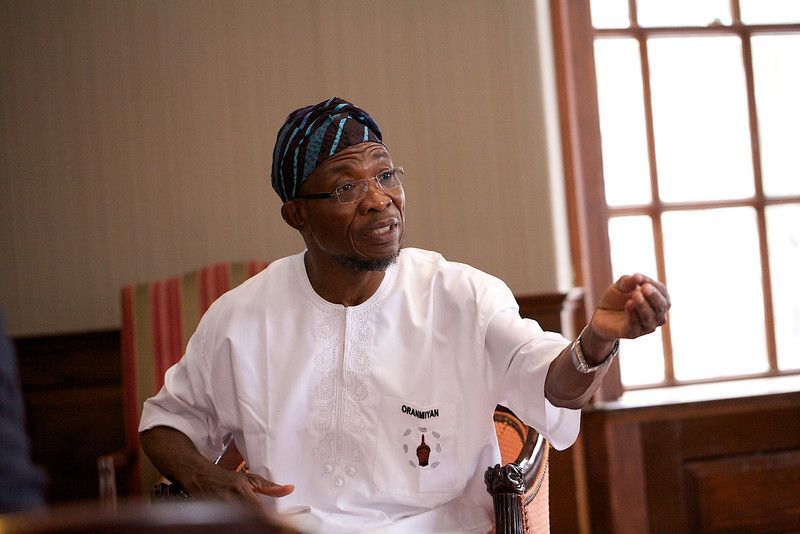The United States intends to send a minimum of 50 public health experts to West Africa where the worst-ever Ebola outbreak is currently ravaging Guinea, Sierra Leone and Liberia, and putting the rest of the continent – and indeed the globe – at risk.
According to BBC, the medics would be dispatched over the next 30 days.
However, there have been concerns on the dangers of having 50 Americans travel to the afflicted countries, particularly the health consequences for other Americans when the experts return.
The concerns are understandable, considering that American doctor, Kent Brantly (pictured) and volunteer nurse, Nancy Writebol, are currently down with the virus, following their relocation to West Africa to help halt deaths from the disease.
Advertisement
But Dr. Thomas Frieden, director of the centres for disease control and prevention who announced the move, said the deployment of experts to “fight the scary disease” is, in fact, in the best interest of US.
“The single most important thing we can do to protect Americans is to stop this disease at the source in Africa,” Frieden said.
“We do know how to stop Ebola. It’s old-fashioned plain and simple public health: find the patients, make sure they get treated, find their contacts, track them, educate people, do infection control in hospitals.”
Advertisement
Ebola has claimed 728 lives in Guinea, Liberia and Sierra Leone since February, with a current mortality rate of approximately 55 per cent.
The outbreak is one the World Health Organisation (WHO) had admitted will be very difficult to contain and could have “catastrophic consequences”.
“The Ebola outbreak is moving faster than our efforts to control it,” its director-general, Margaret Chan, said at the weekend.
“This is an unprecedented outbreak accompanied by unprecedented challenges. And these challenges are extraordinary.
Advertisement
“If the situation continues to deteriorate, the consequences can be catastrophic in terms of lost lives but also severe socioeconomic disruption and a high risk of spread to other countries.”
Add a comment
